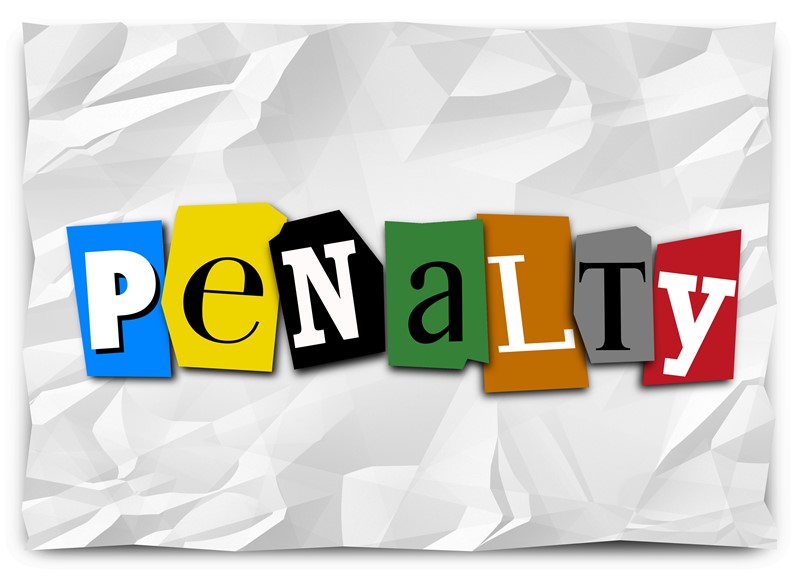Self-Assessment taxpayers that failed to pay their outstanding tax liabilities or set up a payment plan by midnight on 1 April 2021 will be charged a 5% late payment penalty charge.
Under the normal rules a 5% late payment penalty would have been charged if tax remained outstanding or a payment plan has not been set up before 3 March 2021. This extension was put in place due to the impact of the COVID-19 pandemic and gave taxpayers an extra 4 weeks to sort out their affairs before the 5% late payment penalty was levied.
Interest will also have been applied to any balance that was outstanding from 1 February 2021. The only way to stop further interest amassing is to pay any tax due in full. The current rate of late payment interest is 2.6%
If you are unable to pay your tax bill, then there are a number of options for you to defer the payment that was due on 31 January 2021. This includes an option to set up an online time to pay payment plan to spread the cost of tax due in monthly instalments until January 2022. This option is available for debts up to £30,000. If you owe Self-Assessment tax payments of over £30,000 or need longer than 12 months to pay in full, you can still apply to set up a time to pay arrangement with HMRC, but this cannot be done using the online service.
Further late payment penalties will apply if tax remains outstanding (and no payment plan has been set up) for more than 6 months after the 31 January filing deadline. From 1 August 2021 you will be charged a penalty of the greater of £300 or 5% of the tax due. If your return remains outstanding one year after the filing deadline, then further penalties will be charged from 1 February 2022.
You can appeal against any penalties that have been issued. However, you need to act fast, and the excuse must be genuine and HMRC can of course ask for evidence to support any claim. An appeal must usually be made within 30 days of receipt of the penalty.



